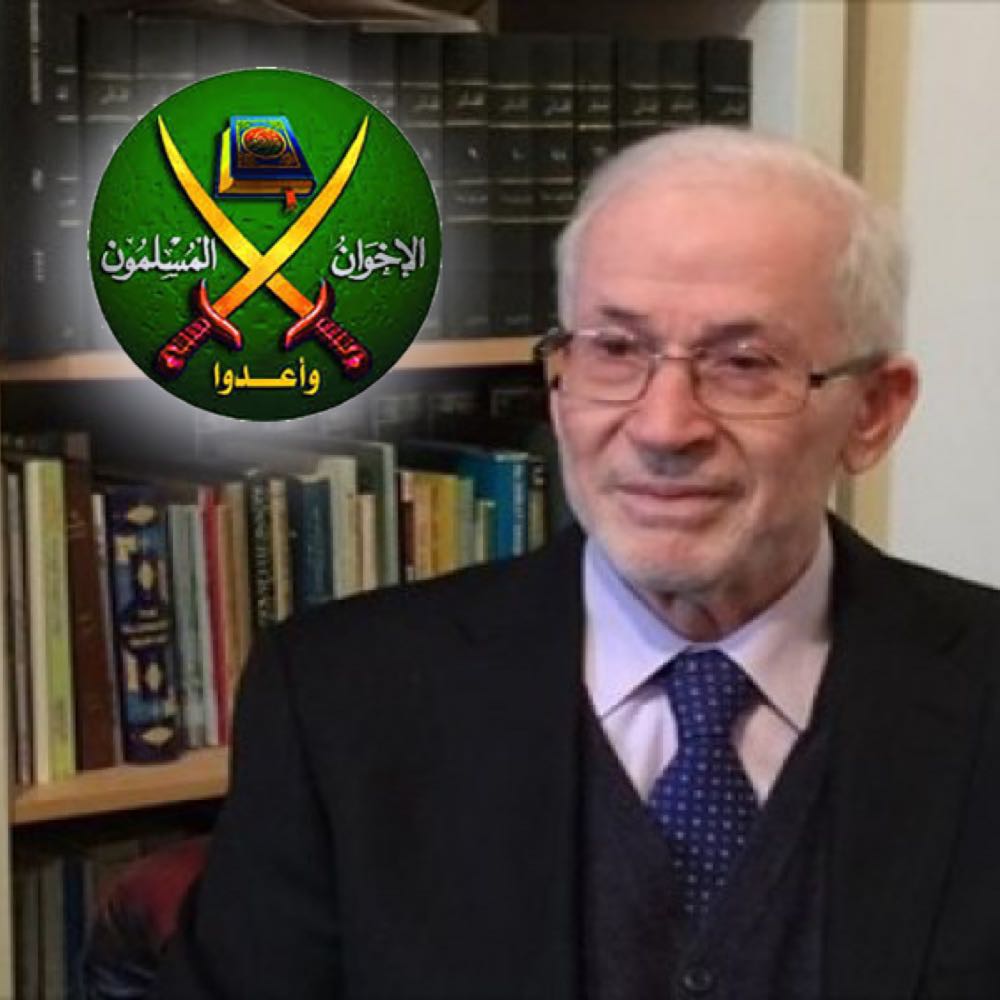Mohammed Ramadan
June 11, 2019
One year its first announcement, the Egyptian sovereign wealth fund has got itself an executive board, but is still without an executive manager. The sovereign wealth fund, named ‘Egypt Fund’, was created following legislation passed by parliament in July 2017.
Egypt Fund’s code set its authorised capital at 200 billion EGP and its issued capital at 5 billion EGP to be paid within the first three years, including one billion EGP to be paid by the State Treasury at the fund’s inception.
“Egypt Fund is established to achieve sustainable economic development through the best allocation of state-owned assets,” said Planning Minister Hala al-Saeed in April 2018.
Official statements about the fund are highly positive, considering it as a big step towards a more efficient management of state assets and investments.
Contradictions
Egypt has a funding gap expected to reach 820 billion EGP ($48.8 billion) that is managed through internal and external borrowing. The country also has a cumulative local public debt of 3.4 trillion EGP on a national scale and $96.6 billion as foreign debt.
Egypt has no budget surplus to speak of, and the move can be seen as the latest in a series of attempts by the presidency to sidestep existing administrative structures in pursuit of its economic and political goals.
The wealth fund remains controversial one year after its establishment. Many experts say the fund is a twisted means of privatising state-owned enterprises and assets, especially government buildings. This claim is supported by the fact that the New Administrative Capital will be the location for more than 31 ministries and 57 other government facilities, and a plan is in place to move everything to the Capital and put old buildings under the control of the wealth fund.
There is no clear plan for how the government will invest these assets, but MP Mohamed Badrawy, member of the Economic Committee in parliament, said that: “old buildings will be given to the construction firms that built the buildings in the new capital; only some of them will be under the control of Egypt Fund.”
According to Article 8 of the establishing code, the fund retains the right to dispose of its assets, either by sale, rent, or ending the ownership or licensing for use or for in-kind shares. This means that the fund is established as a new government entity with the administration governed by businessmen who will check and sell public assets.
The sovereign wealth fund currently maintains the right to sell underutilised assets which dovetails with the government’s privatisation program. It also has the right to invest in them.
There are questions about transparency and accountability as the regulating code provided that a presidential decree appoints individuals to the board of directors and that the general assembly is established through a presidential decree.
Who shall get the cake?
A close observation of the latest policies regarding the Egyptian economy reveals how the state is creating parallel bureaucratic bodies separate from existing ones. This attitude is clear through the many legislations like the new investment law and the new Civil Service Act that aim to minimise the size and scale of state official apparatuses, while providing new roles for military-backed elements in supervising the current civilian government institution and the discourse on reforming malfunctioning state bureaucratic apparatus.
Establishing an Egyptian sovereign investment fund to manage state assets is appealing hypothetically where the fund would work to attract investors wary of dealing with the labyrinthine state bureaucracy by guaranteeing an investment commitment by the government. Indeed, this would be appealing to other Arab sovereign funds that have tried to invest in Egypt but had bureaucratic difficulties.
Although hypothetically it seems very positive, in reality it raises many questions regarding the management of public assets and resources. The current regime works by overstepping the traditional state apparatus which, historically, was the major tool for governing this sizeable-population state. This means paving the way for a new kind of corruption at the highest levels of the state, especially with there is no freedom of press and no political spheres as the regime continues to crackdown on all opposition for its sixth year.





Recent Comments